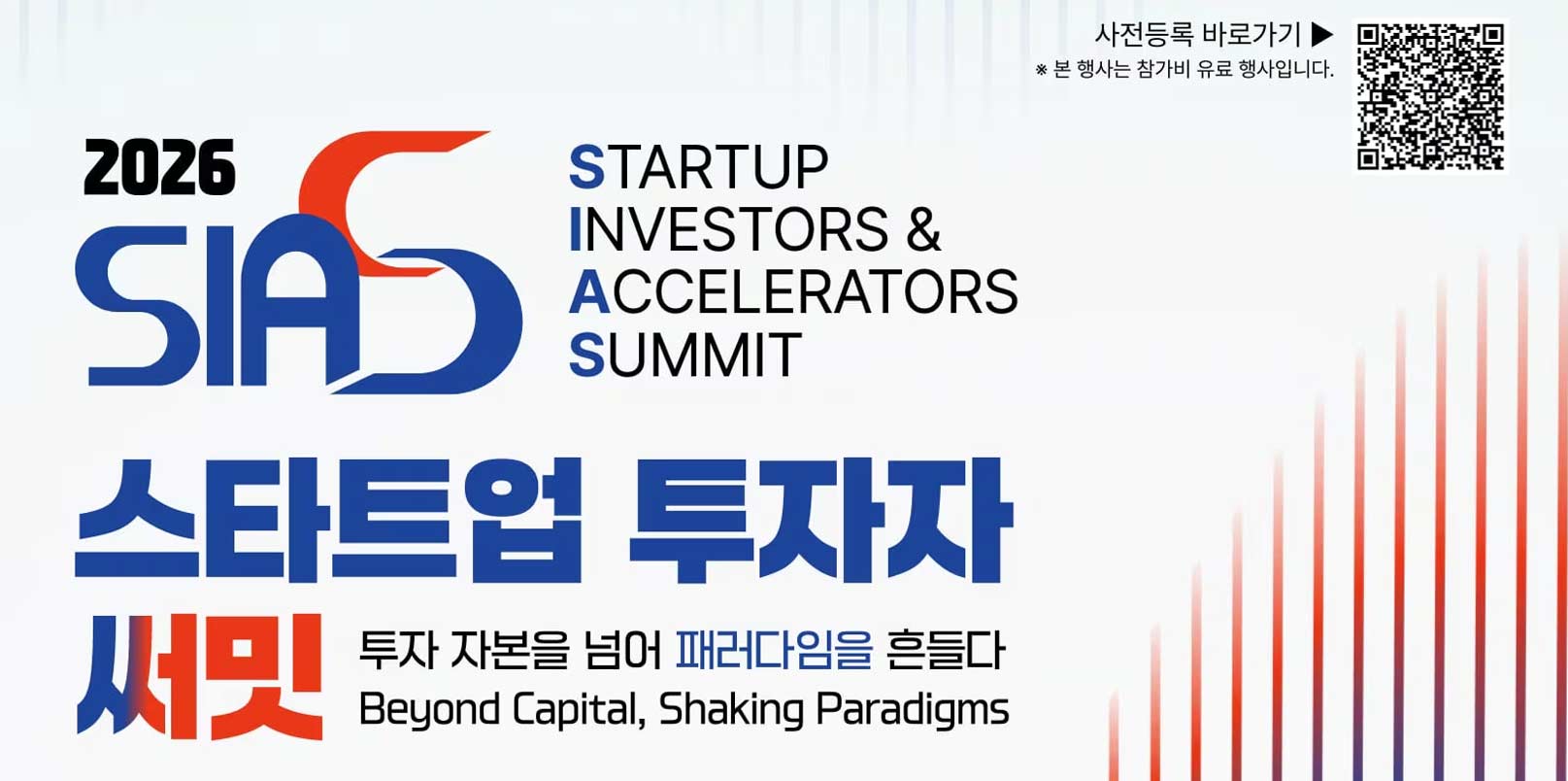This year’s startup festival COMEUP 2021’s premiere was extravagant and insightful, with several scintillating fireside talks, panel discussions, startup showcases, conferences, and much more. COMEUP 2021 is an event designed to help startups make significant inroads worldwide by exposing innovative products to investors’ agencies, mentors, attending discussions, and more. The festival will go on from November 17-19 and showcase 72 COMEUP Stars from 37 countries. Like last year’s event, COMEUP 2021 airs virtually on YouTube, providing an ‘untact’ way to showcase these promising startups in light of the COVID-19 pandemic.
Fireside Chat 1
Agenda Talk: Blockchain in South Korea: The hype and Reality
Jason Han, CEO of Ground X, and Simon Kim, CEO of Hashed, gave a talk on the status of blockchain technology in South Korea. Both speakers applauded the immense support for the new payment method shown by the Korean government and how Koreans easily accepted the cashless system without knowing much about it. “South Korea is a superpower when it comes to blockchain & cryptocurrency technology. However, there are still some barriers that the government needs to iron out.” Jason Han said. The duo applauded the efforts made by the South Korean government to positively regulate the system without placing too many restrictions that hamper its use. However, they criticized other governments such as the US, whose strong regulations negatively impacted the use and growth of blockchains in their countries.
With the fast growth of blockchain and cryptocurrencies in South Korea and worldwide, the duo recommended that companies incorporate these cashless payment systems into their ecosystems. Simon Kim stated that “Since 2017, the growth of blockchain technology has been astronomical. It allows people from South Korea and other parts of the world to easily transfer funds from mobile phones, laptops, and other internet-accessible gadgets. Even today’s games have blockchain and Crypto as suitable payment systems. Soon, more companies will need to add these systems as part of their payment system when its customers purchase goods or services from them.”
The duo recommended that startups in the blockchain sector move in a decentralized direction to increase their chances of success. They can start with NFTs to attract those non-crypto & blockchain users. According to Jason, the future for blockchain is bright as he added, “After a decade or so, people will be investing in these fields and blockchain regardless of their academic background.”
Fireside Chat 2
Agenda Talk: How to Invest in Startups

Seyoung Kim, the CEO of PSX, talked about how and why people should invest in startups. In the talk, she mentioned that the number of jobs provided by startups in the South Korean work market greatly outweighed those given by listed companies and conglomerates. Although unlisted companies continue to grow and have unlimited potential to become future conglomerates, young people are not investing in their stock options. They are doubtful of these companies and only buy or sell their options when they need money.
Seyoung Kim encourages people to invest in unlisted companies since their high growth rate and the need for new and innovative products offered by these companies could lead to high returns. She, however, recognizes the high risk associated with these companies and the unpredictability of their performance. Seyoung Kim recommends that investors should only cash in on startups backed by credible VCs. They should also look at market saturation by comparing their chosen startup to companies already listed with similar business models.
Panel Talk
The first day of COMEUP 2021 featured two-panel discussions. KTD was live at the event to summarize how startups are transitioning to a cashless society and the new payment on the block.
Agenda: Cashless Society and The New Payment on The block
The first-panel talk invited Daniel Shin, CEO of Chai Corporation, Oksun Kim, KFTC director & Hyemin Lee, CEO of Finda. Daniel introduced Chai Corp as a payment company offering B2B services. Their differentiation is their boost platform which allows companies to target specific customers using the platform. Chai Corp transfers money from customer accounts to companies. When entering the Fintech market, banks mainly carried out this process, which made it difficult to start up. However, with the support of KFTC, we had the authority to facilitate these funds. “Currently, we can transfer cash using 16 digital currencies in five Asian states. By the end of next year, we aim to cover all of South East Asia and interlock cryptocurrencies to the platform.” Said, Daniel. When asked what’s an essential service they can provide in a cashless society, Daniel replied, “We will provide services of integration of applications. As for data which KFTC has differences with the banks, we will provide related services.”
Oksun Kim, in charge of New business developments at KFTC, stated that the cashless society came as a surprise to the entity. According to him, the transition was accelerated by the pandemic, which forced people to transact virtually. Before the pandemic, KFTC had made significant steps in creating a seamless platform through which contactless payments could be made. She stated, “Crypto is not used as a currency yet, and the KFTC does not create or develop the institutions and systems to run the cryptocurrency market. However, KFTC fully backs the process and believes that cryptocurrencies and blockchain are the future transaction methods of a cashless society.” Oksun Kim ended the discussion by applauding the effort put in by firms in the cryptocurrency sector. She said, “The finance sector is full of regulations, and firms often have to get authentication, verification, and accreditation from the law before providing their services. The crypto scene has been edged in criticism and harsh regulations from the very start. Getting entry into the sector is difficult; therefore, I would like to applaud the companies that didn’t give up despite these barriers. KFTC will continue to support such companies as we move to a cashless society.”






